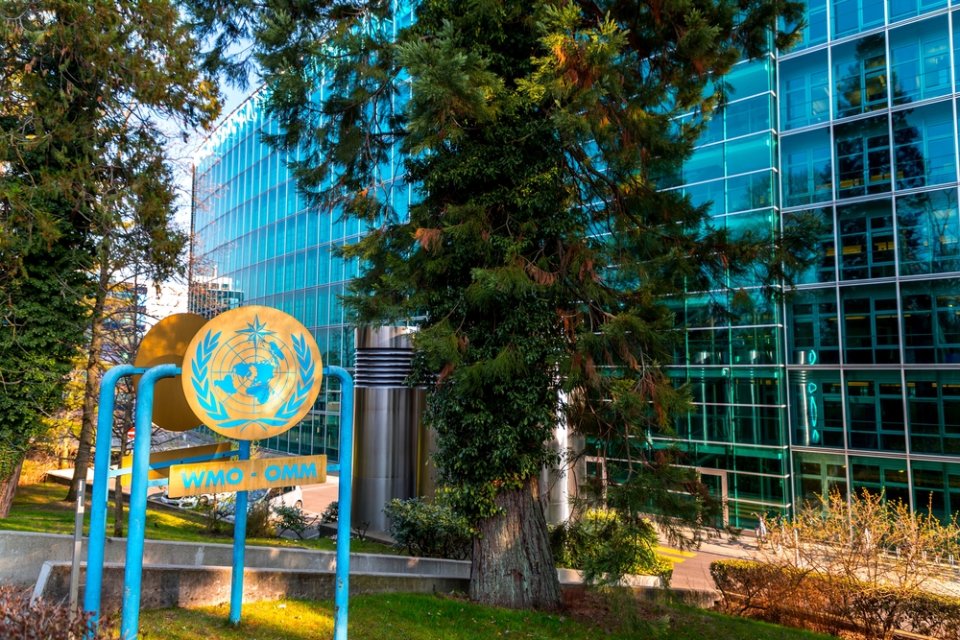Africa Suffers Disproportionate Climate Change Impacts Despite Minimal Contribution to Greenhouse Gas Emissions According to WMO

Africa, which accounts for 18 percent of the world’s population and 20 percent of its landmass, contributes only four percent of global annual greenhouse gas emissions, and even less when considering cumulative emissions since the Industrial Revolution. Despite its minimal role in causing climate change, Africa is already facing severe economic consequences from its effects.
A new report from the World Meteorological Organization (WMO) revealed that African countries are experiencing annual GDP losses of between two and five percent due to climate-related impacts, amounting to billions of dollars that the continent urgently needs. Some countries are diverting as much as nine percent of their national budgets to respond to climate-related disasters.
WMO Secretary-General Celeste Saulo noted that in 2023, many countries in the Horn of Africa, southern, and North-West Africa continued to endure severe multi-year droughts, while others experienced extreme precipitation events that led to significant flooding and casualties. Saulo emphasized that these extreme weather events have had devastating impacts on communities and serious economic consequences.
The report highlighted numerous climate-related disasters across Africa in 2023. Tunisia and Morocco experienced record-breaking heatwaves, with temperatures reaching 120 and 123 degrees Fahrenheit, respectively. Severe drought affected vast regions, from North Africa to Nigeria, Ethiopia, Angola, Madagascar, and the Democratic Republic of the Congo. Flooding in Kenya, Somalia, and Ethiopia last spring displaced 2.4 million people and resulted in at least 350 deaths. Additionally, drought, heat, and flooding severely strained food production, with grain harvests in some areas dropping by as much as 80 percent.
Africa’s most significant climate catastrophe in 2023 was a massive flood in Libya that killed at least 4,700 people, with thousands still missing. Scientists concluded that the disaster was made 50 times more likely due to climate change, and its magnitude was considered far beyond any previously recorded events.
Globally, countries are facing increasingly severe climate-related events, but Africa has fewer resources to respond to these crises. The WMO report estimated that adapting to climate change in sub-Saharan Africa would cost between $30 and $50 billion per year over the next decade, with some estimates even higher.
Meanwhile, wealthy nations have been slow to provide financial support to help Africa and other developing regions cope with climate damage and adaptation needs. The long-promised $100 billion annually in climate financing from rich to poor countries, pledged in 2009 and supposedly due by 2020, appears to have only been fulfilled in 2022, with much of it coming in the form of interest-bearing loans rather than grants. This raises concerns, especially for economies already struggling with debt and the effects of climate change.
The coming decades will test whether wealthy countries are willing to support the developing world in the transition to a cleaner economy and pay for the damage caused by a crisis that Africa and other low-emitting regions had little part in creating.
Have you read?
Highest-Paid Athletes in the World.
Largest stock exchanges in the world by market capitalization.
Countries with the largest air forces in the world.
Best European destinations to travel to as a student.
Largest Cities in Africa.
Bring the best of the CEOWORLD magazine's global journalism to audiences in the United States and around the world. - Add CEOWORLD magazine to your Google News feed.
Follow CEOWORLD magazine headlines on: Google News, LinkedIn, Twitter, and Facebook.
Copyright 2025 The CEOWORLD magazine. All rights reserved. This material (and any extract from it) must not be copied, redistributed or placed on any website, without CEOWORLD magazine' prior written consent. For media queries, please contact: info@ceoworld.biz








